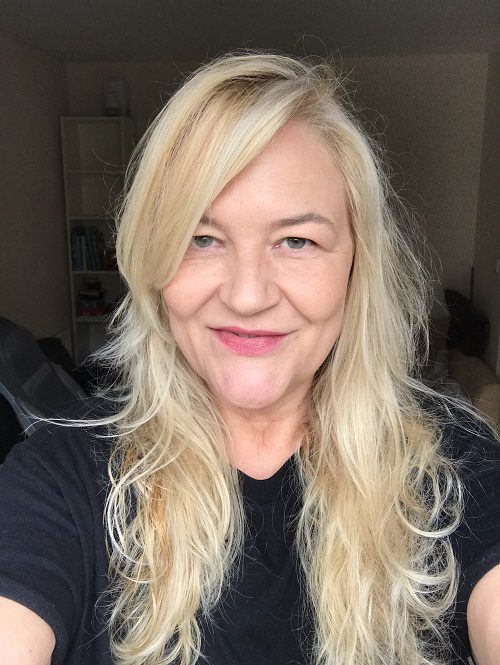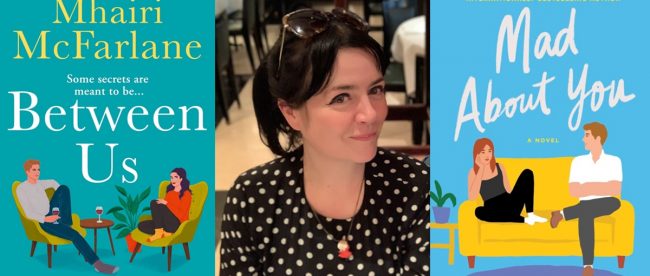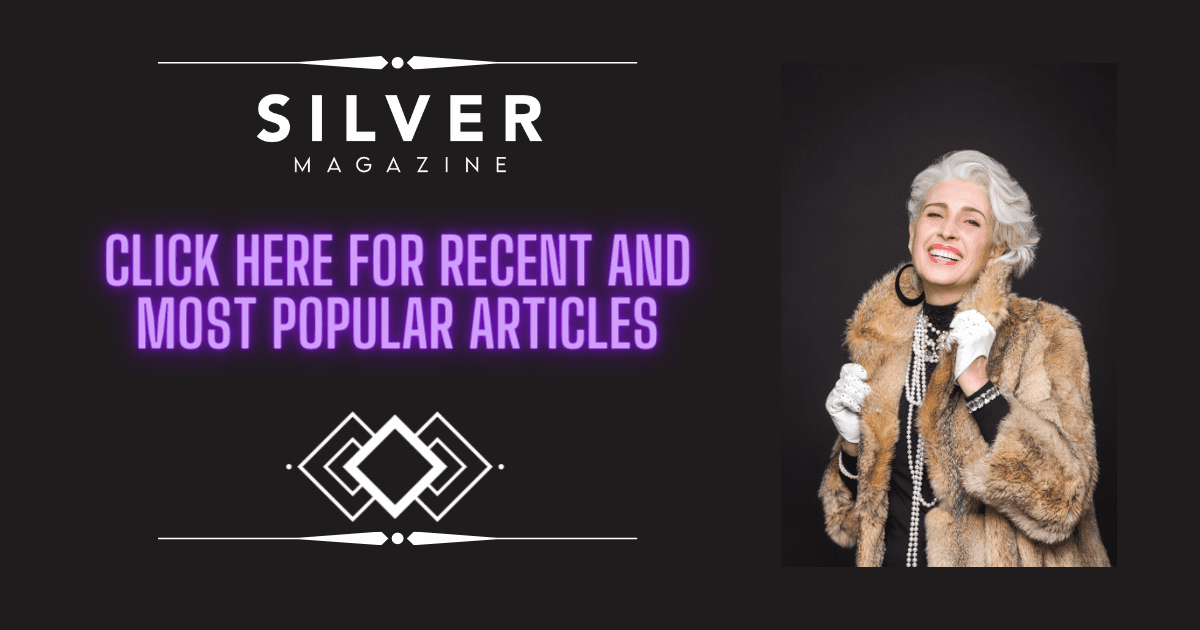Meet the novelist: Mhairi McFarlane on romcoms, real people, and ridiculous questions
Mhairi McFarlane talks about exceeding expectations, and excuses to go to the pub on deadline
Our next meet the novelist is Mhairi McFarlane. McFarlane needs little introduction – her catalogue is prolific. Her romantic comedy novels have been critically acclaimed and book, If I Never Met You, is being adapted for screen.
How would you describe yourself?
I would describe myself as a romantic comedy novelist. But if you call me chick lit, I wouldn’t melt down. I quite like the chance then to exceed expectations.
Where do you write?
At home on my pink MacBook Air! Such a cliché… I’m not great with distractions – and there are so many post-internet – so first draft pressure needs quiet and solitude. I can edit in Caffe Nero if I need a change of scene, but I’m 95% own sofa. Boring, I know. I am short of a fabulous nook, and weird baroque routine: “First I must eat two kiwis from my grandmother’s china…”
Read more: Meet the novelist, Pam Howes
Do you take longhand notes or use a keyboard?
Keyboard. Didn’t Quentin Tarantino say he does longhand drafts because “you can’t write poetry on a computer”? It’s a lovely sentiment, but given the job involves deadlines and endless rewriting, you need your work-in-progress to have a delete key.
If you weren’t a romantic comedy novelist, is there another genre you’d like to explore?
Ooh, crime. Detective novels. I love a returning world like Rebus in Edinburgh. I’d definitely end up throwing in a Robin-and-Strike-style slow burn romance though. You can take a girl out of her genre, but you can’t take the genre out of the girl.
Is there anything strange you do to inspire yourself when you’re running on empty?
I’m not sure it qualifies as strange, but I accept social invites, so it looks like the exact opposite of working. I see strangers who become visual blueprints for characters, I have conversations that spark ideas, and if I’m seeing a film or a show, then at some point my mind wanders to my own project. Sometimes what seems to be occupying yourself is freeing you up to roam, mentally. This is my excuse for why you’ll find me in the pub a week before deadline, anyway.
How do you even make yourself sit and finish your work?
Hmm, I am not sure there’s a single answer to this. I swill black coffee and chat online a lot to warm up for writing, but I don’t accept those who’d say it’s a scandalous waste of time. When it comes to something creative, you might only have a few productive hours in you in a day, so it’s about making space for them to happen. My most common tactic when I’m simply not feeling it – for my money this is worse than fooling about – the times when your manuscript seems flat and worthless, and you’re drained of inspiration or belief in it – is to go edit a section that already exists and improve that by increments. My editing brain is way less of a sensitive, mutable diva than my production brain. This, however, depends on having written enough there’s material to edit. You can see why my first drafts crank out pitifully slowly.
How many of your characters are based on real people?
Lots. None. All of them. This is not a contradictory answer. It’s pretty hard to offend me, but the one question that makes my hackles rise is when people think a novel is a Guess Who? game of personalities you’ve encountered in real life. Not only does this imply I can’t do my job and no actual fiction has gone on, but who’s surrounded by a real world cast colourful enough to populate a romantic comedy anyway? Or for any novel for that matter? Sounds improbable and exhausting. It’s up there with “Are all your plots things that have happened to you?” BRIAN, I’VE DONE NINE BOOKS, THINK THAT QUESTION THROUGH!
Tell us more about the myth of simply lifting plots from life…
This mistaken belief that it’s a game of plagiarising reality is why slush piles are full of books of the dreaded “so many funny things happened in my office and all I have to do is write them down” variety. If you try to directly port over people you know or anecdotes you tell to paper, you’ll find they fall flat. Building a story has different needs, so try memoir instead. You draw from life around you constantly, obviously, but for me, every character is a composite. I might rob handy elements here and there, but the whole of them is a fiction. Sometimes they’re pure fantasy.
Can you give an example of a fantasy character?
There’s a boss in my book Who’s That Girl? called Richard. He was simply me trying to write my platonic ideal of a dream boss, and sadly he’s wholly invented! He might have a bit of the Barack Obamas about him, but that’s it.
Do your friends and enemies ever recognise themselves in your books?
Friends, sometimes, enemies, never. Though would they tell me if they did? It’d be what the young people call a self-own, wouldn’t it? “That shocking two faced bitch is clearly ME!” Top tip: you can either hide it from people, or alert anyone you know that it’s them by your choice of the most superficial characteristics. For example, if you want to write about your terrible brother, make him a sister and he won’t see it, no matter how pitiless and accurate the portrait. If you write a doctor and your pal’s a doctor, she will think it’s her, no matter how wildly dissimilar they are. It’s quite comforting and useful, as we novelists need to be able to do distraction thefts and misdirects.
Do you eat and drink while you’re writing?
Ha! I’ve never been asked this! Nothing. I chug pints of black coffee. If I am eating lunch, the screen’s on something else for the duration.
Do you play music when you work or do you prefer silence?
I am absolutely a silence person. My little rat brain cannot cope with multiple channels of information flow at once.
Are there any absolute hard and fast rules you set yourself about your stories or characters?
I once read: “Lie about everything except emotions.” I try to keep that with me. Someone behaving in an unnatural way purely to push the plot forward is a huge no. Never make your characters puppets of the plot. And never shortchange the difficulty of something you’re tackling because it was a device, and you want to get back to the other lighter thing that’s happening. I’ve written about some serious topics in my books and I think readers have always come with me because they can see they’re not there to provide a narrative wrinkle or a topical issue. For example, one of my books features a death and I was adamant to my editor that the loss is there until the very last page, not simply tidied away and moved on from.
Will the internet and people’s shortened attention spans ever mean the end of the novel?
Well, if cinema and television weren’t the end of the novel, why would TikTok be?
What do you wish you’d known before starting this novel-writing malarkey?
Ooh, good question. Do you know, I’m not sure any advice to Younger Me me works, because all I’d do is fret. I could tell her that coming up with the ideas every year is a bastard, but what’s she going to do with that knowledge? I wish I’d enjoyed my debut more. You only get to be new once and I had this vast blank canvas and no risk of repeating myself, but all that was swallowed by the terror and uncertainty.
Any advice for eager new writers?
Write the story that grips your stomach, that keeps you awake at night, that you become obsessed with. Write the book that isn’t there on the bookshop shelves that you want to read. Enthusiasm is a communicable disease.
- To find out more about Mhairi McFarlane’s work, go to mhairimcfarlane.com
- National Novel Writing Month (NaNoWriMo) takes place every November. It began in 1999 as a daunting but straightforward challenge: to write 50,000 words in thirty days.

Sam is Silver’s founder and editor-in-chief. She’s largely responsible for organising all the things, but still finds time to do the odd bit of writing. Not enough though. Send help.



Leave a comment